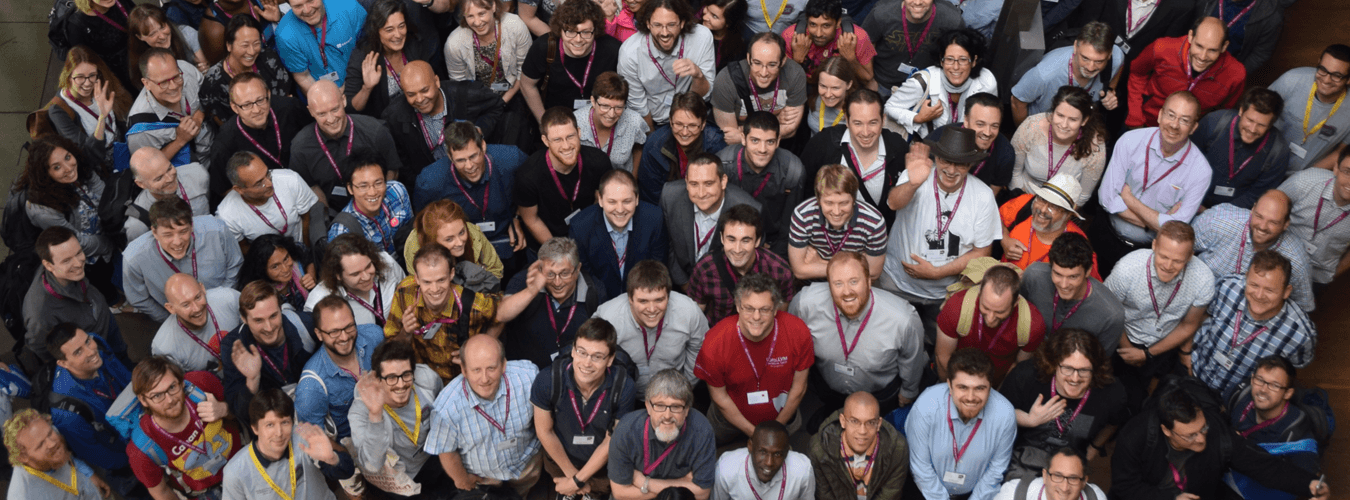Software is fundamental to research. From the humanities to physics, biology to archaeology, software plays a vital role in generating results. Not all researchers can become skilled software engineers, so a new role has developed in academia: the Research Software Engineer (RSE). RSEs combine an intricate understanding of research (most hold a PhD) with expertise in programming and software engineering. However, there is not yet a formal career for RSEs in academia, which means the significant contribution to research made by this group goes largely unrecognised. UK research relies on RSEs, so a campaign started by RSEs and the Software Sustainability Institute founded the UK RSE Association to bring together RSEs to share knowledge, provide support and help campaign for recognition in academia.
Objectives
- We will create a community to represent the UK’s Research Software Engineers.
- We will raise awareness of Research Software Engineers and their fundamental role in research.
- We will campaign for the recognition and reward of Research Software Engineers.
- We will campaign for the Research Software Engineer to be adopted as a formal role within academia.
- We will organise regular events to allow Research Software Engineers to meet, exchange knowledge and collaborate.
What do we do?
A number of groups have been created to support the growing community of RSEs. You can find out more about them on our Community pages.
You can learn about the work of an RSE, advertise an RSE position and find available positions across academia on our Careers pages.
Most RSEs acquire their skills through years of working with research software. We want to ensure that hard won skills are shared, so many RSEs are involved in training. RSEs run workshops for Software Carpentry and Data Carpentry, and workshops for other RSEs – notably at our annual conference.
You can learn more about the issues we face from the articles that others have written about us. See our press page for details.
History of RSEs
People in research groups “who write code, not papers” have existed in some of the traditionally computationally heavy disciplines for decades. In the last 10-15 years, there has been a rapid increase in software use across all academic disciplines, which has been accompanied by increasing concerns over the reliability and reproducibility of that software, which in turn has led to recognition that software engineering skills are needed in research groups. Since there was no formal career path, investigators who needed a software engineer tended to hire their engineers into postdoctoral roles. This meant that people who write code were being locked into a position who’s success is judged on the number of papers they write, which had the effect of halting their career.
The term “Research Software Engineer” was first coined in 2012. Since that date, a joint campaign involving RSEs and the Software Sustainability Institute has led to the creation of the UK RSE Association, which in 2016 numbers over 700 members, the growth of Research Software Groups around the UK, the creation of a Fellowship sponsored by the EPSRC, the launch of the hugely successful conference for RSEs and a significant increase in recognition across the globe for the role of the Research Software Engineer.
You can learn more about the growth of the RSE community and the successes of the RSE campaign from A not-so-brief history of Research Software Engineers.

